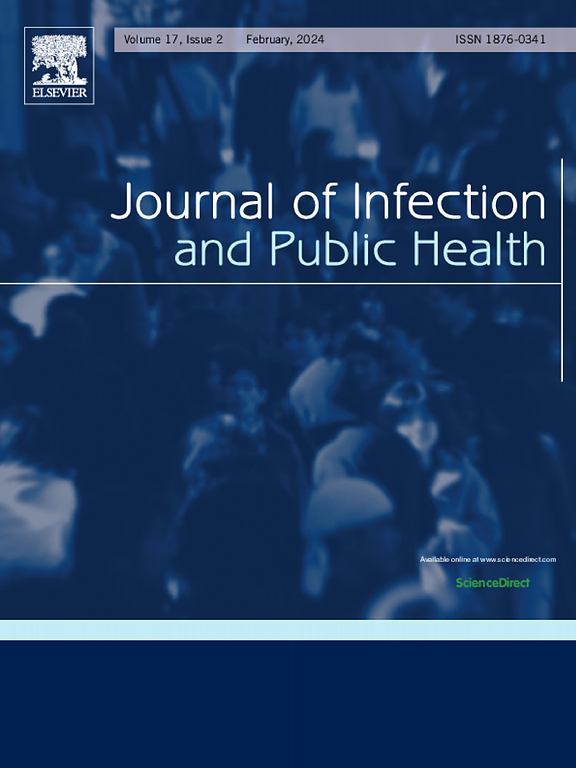Methods and tools for rapid risk assessments for acute public health emergencies
IF 4
3区 医学
Q1 INFECTIOUS DISEASES
引用次数: 0
Abstract
Public Health Emergencies can arise from chemical, biological, and radio-nuclear (CBRN) and natural or man-made environmental hazards. These events can threaten human health, especially with certain biological hazards. Therefore, a significant role of public health agencies is to early-detect, promptly assess, evaluate, and communicate the risk to decision-makers for preventative or responsive actions. Although rapid risk assessment (RRA) for acute public health events has been in practice for decades, there is still potential to standardize and improve its process and outputs by harnessing new opportunities, especially with digitalization and cross-sector collaboration. In this article, we present an overview of the RRA processes, methods, and tools described by ten public health agencies and groups at an international workshop on 6–7 June 2023. This article also presents challenges, opportunities, and recommendations for enhancing the RRA efficiency and increasing knowledge about RRA processes.
快速评估突发公共卫生事件风险的方法和工具
突发公共卫生事件可由化学、生物和放射性核(CBRN)以及自然或人为环境危害引起。这些事件可威胁人类健康,特别是某些生物危害。因此,公共卫生机构的重要作用是及早发现、迅速评估、评估风险,并向决策者通报风险,以便采取预防或响应行动。尽管针对突发公共卫生事件的快速风险评估已经实践了几十年,但仍有可能通过利用新的机会,特别是利用数字化和跨部门协作,使其流程和产出标准化并得到改进。在本文中,我们概述了10个公共卫生机构和团体在2023年6月6日至7日的国际研讨会上描述的RRA流程、方法和工具。本文还提出了提高RRA效率和增加有关RRA过程的知识的挑战、机遇和建议。
本文章由计算机程序翻译,如有差异,请以英文原文为准。
求助全文
约1分钟内获得全文
求助全文
来源期刊

Journal of Infection and Public Health
PUBLIC, ENVIRONMENTAL & OCCUPATIONAL HEALTH -INFECTIOUS DISEASES
CiteScore
13.10
自引率
1.50%
发文量
203
审稿时长
96 days
期刊介绍:
The Journal of Infection and Public Health, first official journal of the Saudi Arabian Ministry of National Guard Health Affairs, King Saud Bin Abdulaziz University for Health Sciences and the Saudi Association for Public Health, aims to be the foremost scientific, peer-reviewed journal encompassing infection prevention and control, microbiology, infectious diseases, public health and the application of healthcare epidemiology to the evaluation of health outcomes. The point of view of the journal is that infection and public health are closely intertwined and that advances in one area will have positive consequences on the other.
The journal will be useful to all health professionals who are partners in the management of patients with communicable diseases, keeping them up to date. The journal is proud to have an international and diverse editorial board that will assist and facilitate the publication of articles that reflect a global view on infection control and public health, as well as emphasizing our focus on supporting the needs of public health practitioners.
It is our aim to improve healthcare by reducing risk of infection and related adverse outcomes by critical review, selection, and dissemination of new and relevant information in the field of infection control, public health and infectious diseases in all healthcare settings and the community.
 求助内容:
求助内容: 应助结果提醒方式:
应助结果提醒方式:


